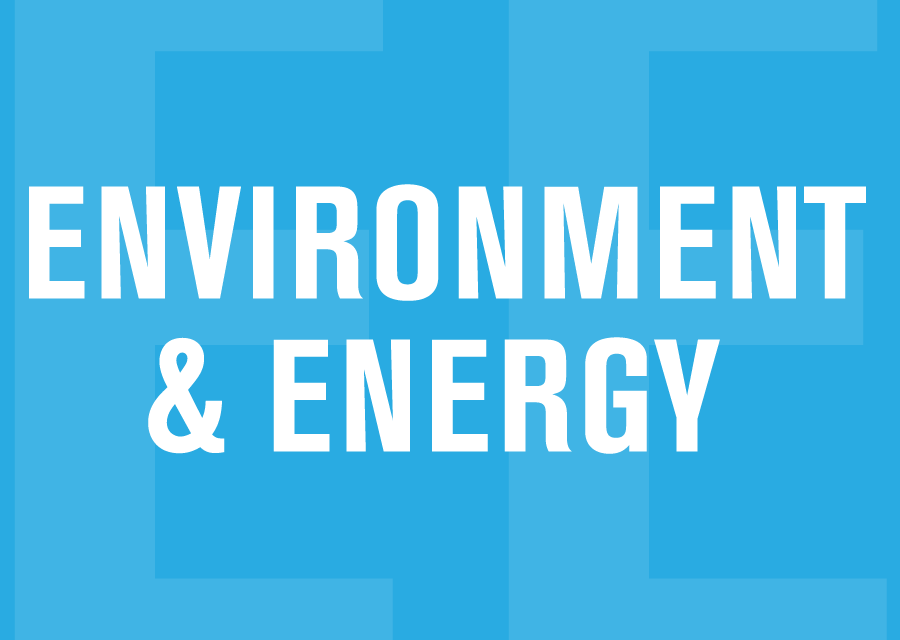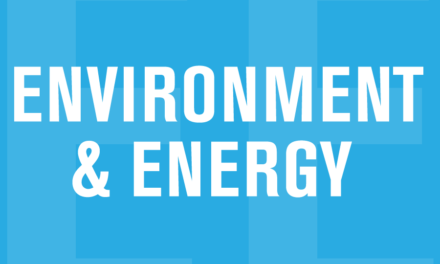The sweet sounds of reconciliation between the re-elected Trudeau government and the leaders of the oil-producing provinces, which began immediately after the fall election, are continuing apace.
After an earlier meeting in Ottawa with Scott Moe during which he delivered a conciliatory message to the truculent Saskatchewan Premier, Justin Trudeau last week sent his ministers on mollifying missions to the lions’ dens of Calgary, Regina and Edmonton.
Very little has come out about the Edmonton tête-à-tête between Jason Kenney and Deputy PM Chrystia Freeland. The news clips, which looked tame enough, were mostly about the now-settled CN Rail strike and Freeland’s Alberta roots.
The message that emerged from Freeland’s Regina schmooze with Moe was just as bland. A raging bull on pipelines, carbon tax and equalization the morning after the election, Moe said only he was encouraged that the Minister had listened to Saskatchewan’s concerns.
Last Tuesday’s get together with Freeland was somewhat anti-climatic. Moe had already scored the Ottawa meeting with Trudeau, after which the PM released minutes replete with gestures of rapprochement. According to the account of the meeting released by Trudeau’s office, the PM reiterated support for pipeline projects, and his willingness to consider changes to the new environmental assessment legislation – Bill C-69, aka the “No More Pipelines” bill.
Given their earlier expressions of rage, it’s not surprising that these apparent olive branches extended by Ottawa aren’t yet eliciting from Kenney and Moe anything like the good vibes toward the feds that are coming from Ontario’s Doug Ford, a self-styled, born-again force for national unity.
On that score, the only Prairie politician coming close to reciprocating the feds’ magnanimity was Alberta’s Energy Minister. After meeting with Seamus O’Regan, the new Natural Resources Minister, Sonya Savage was reported by the Globe and Mail to have uttered kind words about the Newfoundland MP who, coming from an oil-producing province, “appeared to understand Alberta’s concerns.” She sealed the deal by gifting O’Regan a pair of mitts bearing the message “I love Canadian energy.”
Familiar pattern
Although these harmonious events were played out against a hyped-up backdrop of western alienation/separation there was an element of ritual about them. The players were different, but there were similarities with events four years ago when the newly elected Trudeau government took immediate steps to reassure the oil-producing provinces of its positive intentions.
In The Big Stall, his study of big oil’s successful takeover of Canadian climate policy, Donald Gutstein recounts how, just days after they won the 2015 federal election, Liberal apparatchiks (including Gerry Butts and Katie Telford) met with insiders from Rachel Notley’s Alberta government to work out what became known as the Grand Bargain. According to Gutstein the feds would back Notley’s carbon tax and impose a national price carbon, providing Trudeau “licence to approve pipelines that would expand Alberta’s oil sands production.”
The 40 per cent increase in greenhouse gas emissions anticipated from ramped up oil sands production would be at least partially offset by the 2030 phase out of coal-generated electricity and tougher restrictions on methane gas emissions. Although Alberta followed through on some of its commitments, the Grand Bargain has faltered. The new pipelines have famously failed to materialize so far, national carbon pricing has turned into a national political football and the country’s GHG emissions have continued to go up.
The Liberals are promising to stick with the Bargain, pushing through the Trans Mountain pipeline and holding firm on a token carbon price – currently set to plateau at just $50 a tonne in 2022. But there is no indication that addressing the current and projected failure to reduce GHG emissions has even been on the agenda of last week’s talks.
Instead, media speculation is centred around a variety of concessions the feds may consider to make the oil industry and its provincial sponsors happy. These include, in addition to watering down Bill C-69, acceptance of Alberta’s less stringent rules on carbon and methane emissions, as well as cabinet approval of the Teck Resources massive Frontier oil sands mine, and the increased emissions that go with it.
As countries of the world meet in Spain this week for the latest United Nations sponsored climate action show-and-tell, this country will have precious little of a positive nature to put on display.
-30-





